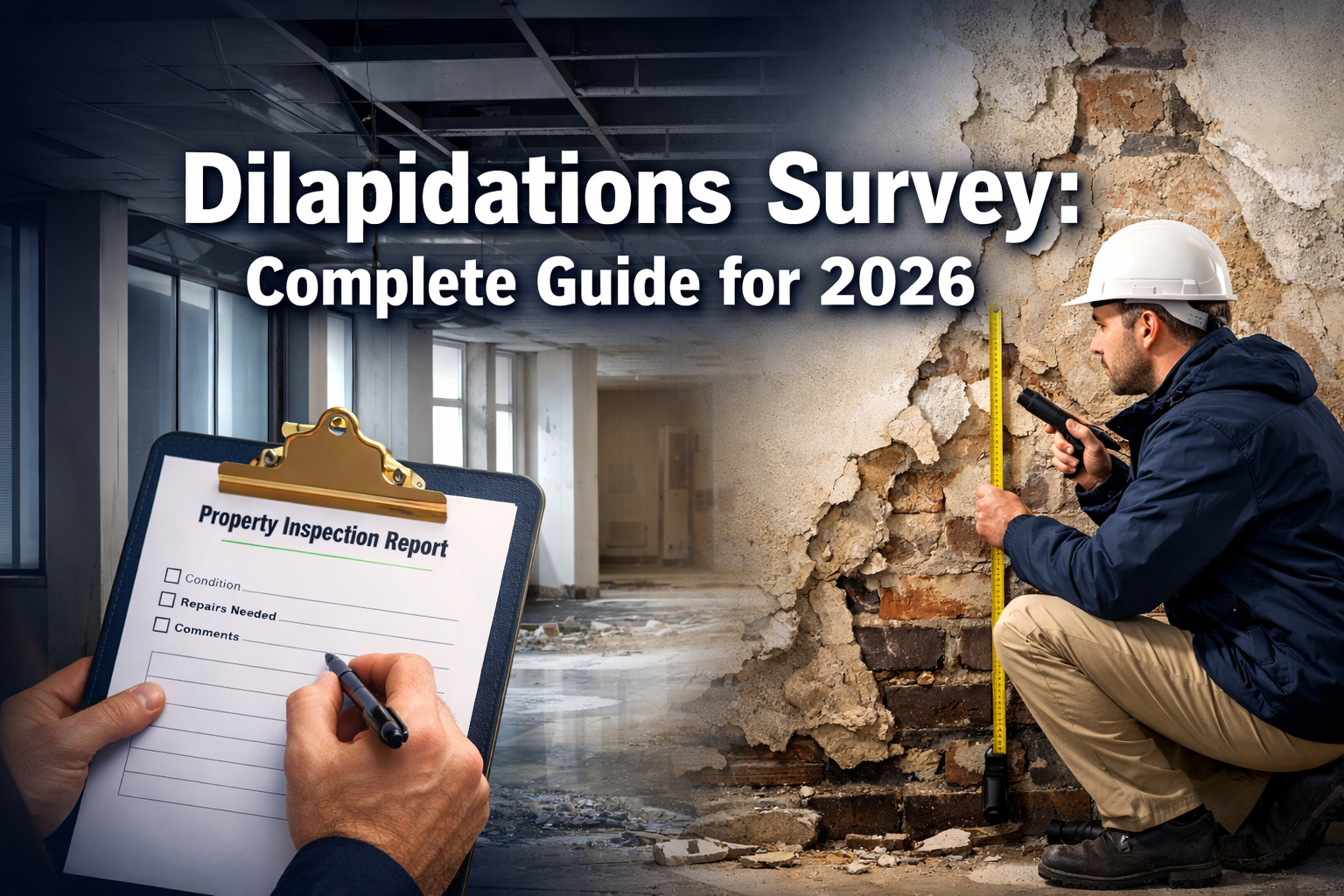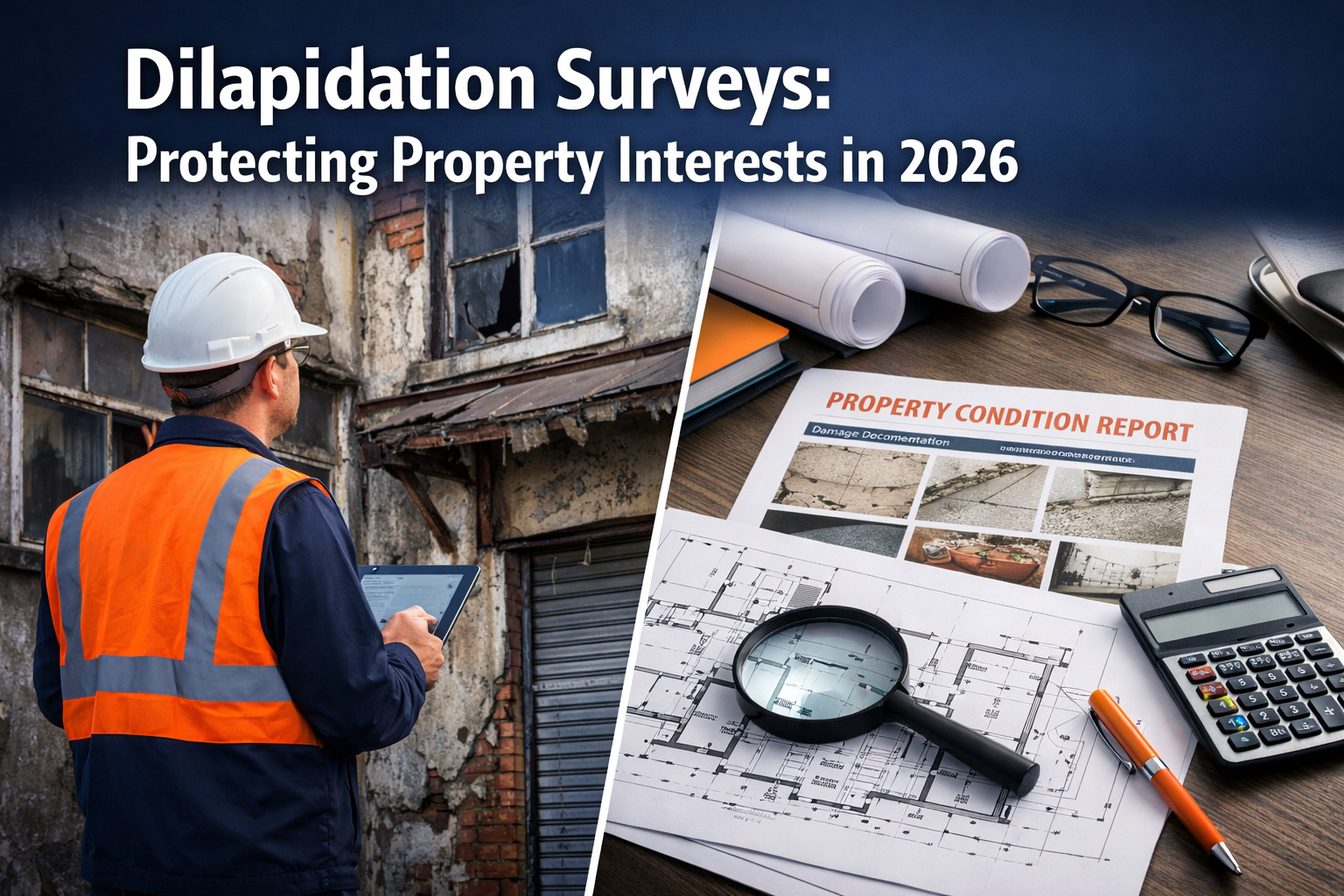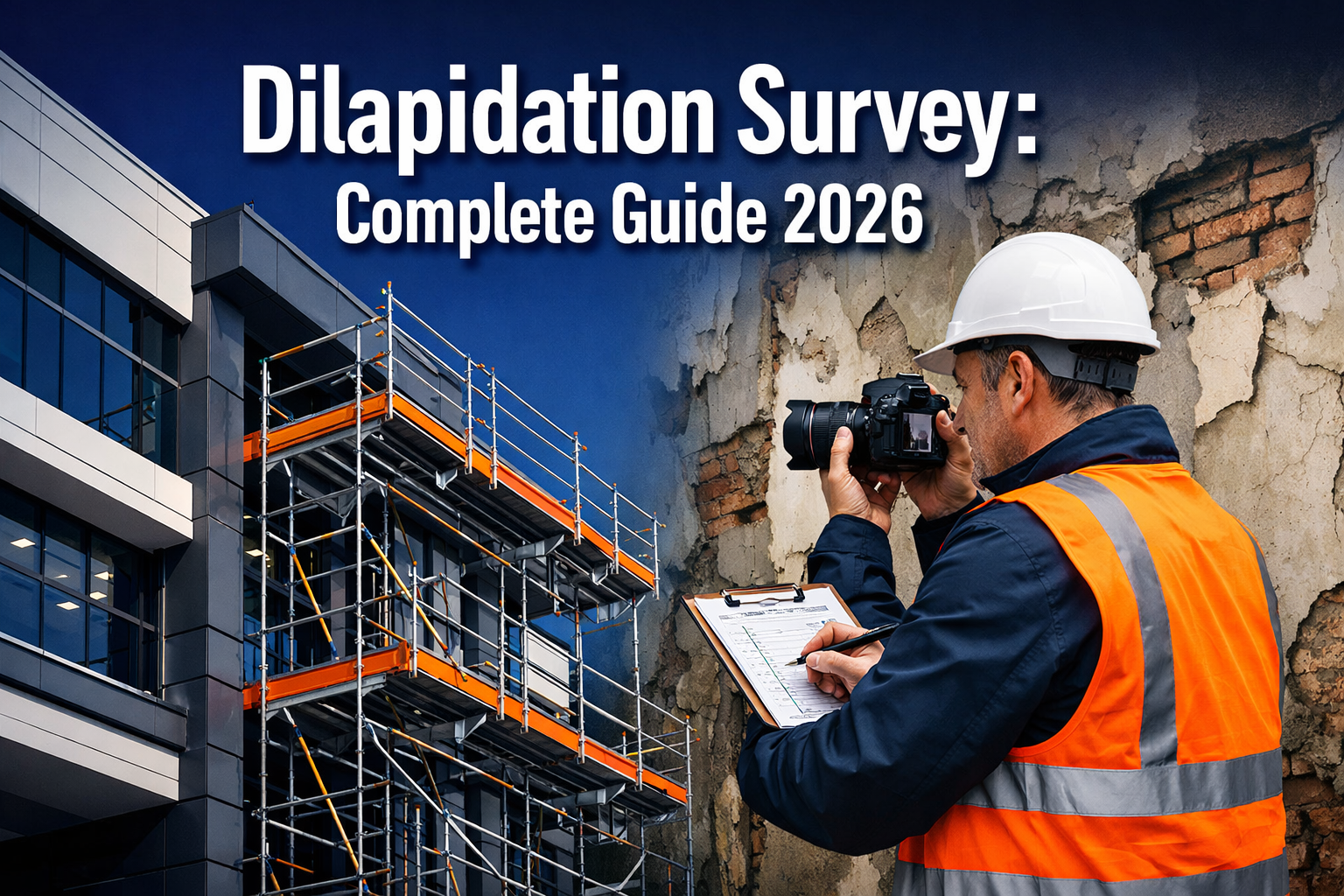FAQs Lease Extensions
- Home
- FAQs Lease Extensions
Have a Question?
FAQs
The critical thing about extending the lease is, as the lease term decreases, the value of your property starts to decrease, and it makes it much tougher to sell it or to remortgage it. By extending the lease, you maintain the value of the property, and you also maintain better flexibility as the property owner.
To be awarded a lease extension, you typically have to be the owner of the property for at least 2 years and have a lease with at least 21 years remaining.
You can count on your surveyor for:
- professional, expert advice and support
- negotiations that are fair, reasonable, and equitable
- clear, transparent communication with the freeholder
Many factors influence the price, beginning with the property’s value. Then there’s the lease itself—how long will it run if it’s extended, and what kind of rent will it command, if any? A lease extension’s cost is also impacted by its length. And let’s not forget the legal and valuation fees, which can be substantial. When all these considerations are tallied, you can see that the cost of a lease extension can vary dramatically depending on the circumstances.
The starting point is to contact a solicitor or an expert in leasehold matters and make them aware that you wish to extend your lease. They will then take charge of the process and ensure that it unfolds in the proper manner.
It is not an easy thing to do but can be accomplished, if necessary, by following certain steps. First, consult with an expert or solicitor in leasehold law. Second, have a surveyor value the existing lease. This is important for the next step.
You (or your solicitor) will almost certainly need to serve a Section 42 notice on the freeholder, which is a formal request for lease renewal under the Leasehold Reform, Housing and Urban Development Act of 1993.
The most difficult—and perhaps the most crucial—part of the process is negotiating the terms of the new lease.
Yes, it can happen, but it usually occurs for one of three reasons: the applicant is not eligible for an extension, the necessary Section 42 notice was served incorrectly, or the freeholder and leaseholder could not agree on terms within the stipulated statutory period.
If the freeholder is unreachable, you can still apply for a vesting order from the Leasehold Valuation Tribunal (first-tier tribunal: property chamber). This should allow you to extend your lease without needing to involve the freeholder.
The answer is that 90 years are added and the tenant’s now-renewed lease has an effective rent rate of zero—otherwise known as a “peppercorn” rent.
It means a tenant who has a lease agrees with the landlord to continue the lease for a defined period of time. Neither the tenant nor the landlord follows any sort of required statutory procedure. They make a deal based on discussion only.
To value a lease extension, a competent and skilled surveyor calculates the cost of extending a leasehold. They do this considering the wide variety of factors that go into such a determination: the property’s value, the amount of time remaining on the lease, any ground rent, and a host of other esoteric elements that might influence the equation.
“Marriage value” refers to a property’s enhanced worth when its lease duration is extended. It represents the disparity in value between a property with a current, shorter-term lease and the same property with a longer-term lease.
The time it takes to extend a lease can depend on many different things. Usually, it takes about 6 to 12 months, give or take, to extend a lease. But you need to also keep in mind that negotiations and disputes can cause some delays in that timetable.
The right to manage enables tenants to take control of the management of their building from the freeholder. The lessees then run the building, maintaining the structure and systems therein.
Generally, no. A 999-year lease doesn’t need to be extended. If you have a lease and only 80 years or less is left on it, you can apply for a statutory lease extension under the Leasehold Reform, Housing and Urban Development Act 1993. If the application is successful, you will have an additional term of 90 years in which to enjoy the benefits of your leasehold.
The amount you pay to extend your lease will depend on several factors. These include how many years you have remaining on your lease, how much your property is worth, and the terms of the extension you are offered. Having a professional valuation done on your lease extension will guarantee you an accurate amount on the premium you pay.
Our panel of outstanding RICS valuators in Canterbury possess a greater amount of experience than most in conducting lease extension valuations and are capable of hitting a valuation target. Their expertise and precision work directly benefit our clients—tenants of leases—by aiding them in obtaining a lease extension that is fair and reasonable.




